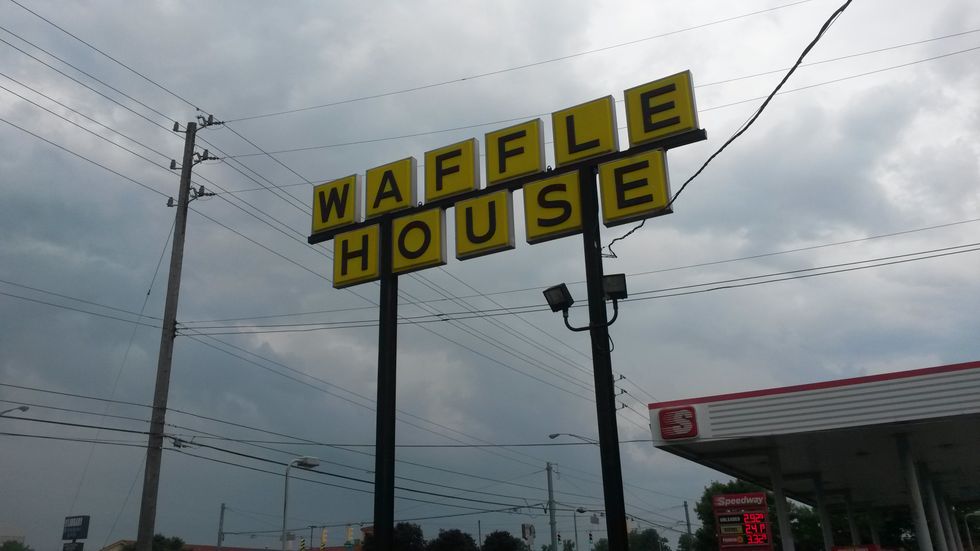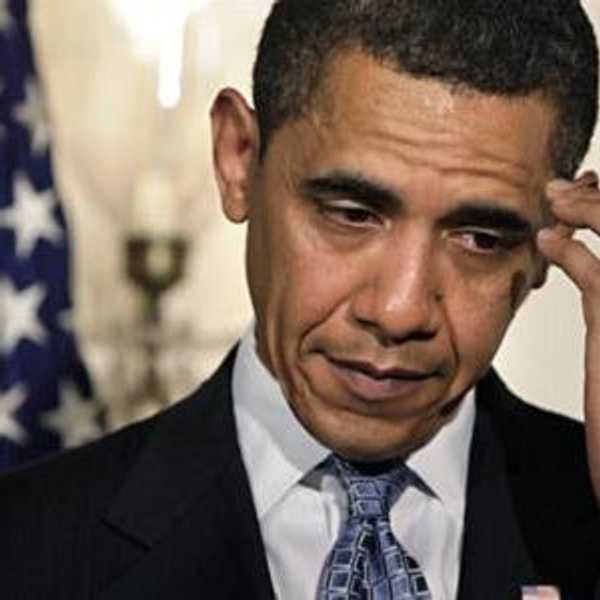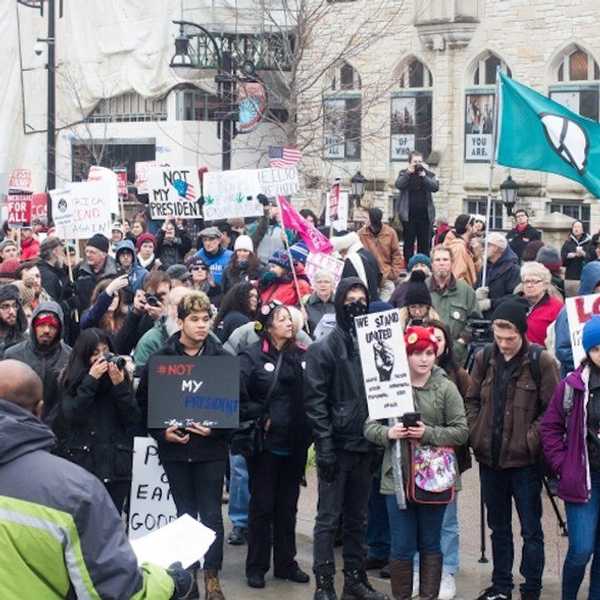In my Environmental Ethics class, we talked about the idea of a "non-place" - industrialization leading to places that are the same no matter where you go, where you know what to expect each time. You walk in and each is a carbon copy of the last.
The core idea behind making each identical is that no matter where you are, you know what you can expect. Its familiarity is its comfort – you are home, even if it's somewhere you've never been.
But the effect only stands part of the time: as we've seen recently, many public places have been the setting for mass murder.
One of the most recent shootings covered to varying degrees in the news took place at a Waffle House in Nashville. While the shooting has been covered in basic terms, objective reporting removes an integral degree of what this violence means for its victims.
Everyone involved in the Waffle House shooting was in their 20s. Everyone shot was a person of color.
The shooter had a history of supporting Trump and his ideologies, in addition to a record of both racist views and run-ins with the government.
The AR-15 that was used in the shooting was previously taken from him in one of the run-ins, though the government returned the rifle to his father with the promise that he would keep the gun from his son. He gave the gun back to his son sometime between the run-in and the shooting.
The Waffle House shooting exemplifies white privilege and white terrorism in how the shooter has been treated and how people of color, especially black people, are targeted both by civilians and by enforcement.
The shooter's bond, which was later revoked, was widely publicized in contrast with the release of rapper Meek Mill two days later, who was not given bond when he was originally arrested last year for a much lesser charge than murder.
Multiple acts of white terrorism, including the Charleston church shooting, the Stoneman Douglas High School shooting and the Waffle House shooting, were curtailed with the perpetrator arrested and unharmed.
Cops can nonviolently restrain, but only do so when the arrestee is white.
If the person is black, they will be targeted for living. They will be targeted for golfing too slowly. They will be targeted for giving change to the poor. They will be targeted for standing in their own backyard.
Racism and police brutality go long before the past few years, but the increase is unignorably tied to the current administration.
One of the Waffle House shooter's previous government run-ins was because he wanted to meet Trump.
Multiple other recent terrorists, including the Stoneman Douglas shooter, expressed wide support for Trump and his beliefs. The president himself said he could shoot someone and get away with it.
Taurean Sanderlin, Joe Perez, DeEbony Groves and Akilah DaSilva have their names remembered with love because they victims of this tragedy.
The two injured - Shanita Waggonerand Sharita Henderson - are remembered because they survived.
James Shaw Jr., who wrestled the gun away from the shooter, is remembered as a hero, even as he was humble in the aftermath: saying in an interview, “He was going to have to work to kill me.”
He is remembered as a hero because he kept more from dying, but in another situation, another non-place, he could've been the men who were arrested in Starbucks.
It doesn't even have to be a non-place.
He could be any number of names from any number of places that have been carved into remembrance for fear of forgetting what #BlackLivesMatter stands for.
Multiple articles following the Waffle House shooting have said that the main detail unknown about the event is the shooter's motives. I don't think that's something we'll ever explicitly find out, but it doesn't take a detective to see the trail.



















